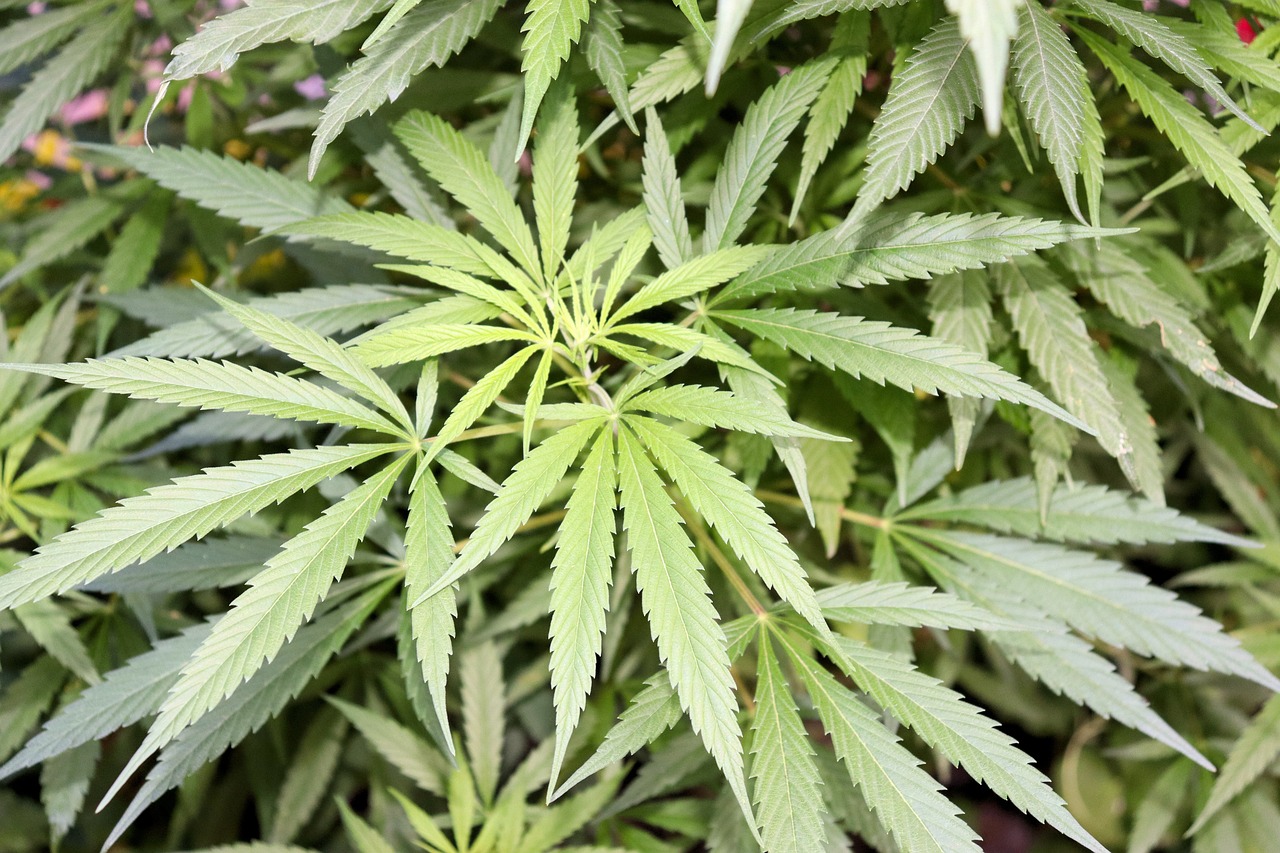Discover THCa Flowers

-
Table of Contents
THCA Flower: Discover the Benefits of Nature’s Purest Form
In recent years, the cannabis industry has seen a surge in interest surrounding various cannabinoids and their potential benefits. Among these, THCA (tetrahydrocannabinolic acid) has garnered significant attention. Unlike its more famous counterpart THC (tetrahydrocannabinol), THCA is non-psychoactive, meaning it does not produce the “high” associated with cannabis use. This article explores the benefits of THCA flower, its uses, and why it is considered one of nature’s purest forms.
What is THCA?
THCA is a cannabinoid found in raw and live cannabis plants. It is the acidic precursor to THC. When cannabis is heated through smoking, vaping, or cooking, THCA undergoes decarboxylation, a process that converts it into THC. This transformation is what gives THC its psychoactive properties. In its raw form, THCA does not produce any psychoactive effects, making it an attractive option for those seeking the therapeutic benefits of cannabis without the high.
Health Benefits of THCA
Research into THCA is still in its early stages, but preliminary studies and anecdotal evidence suggest a range of potential health benefits:
- Anti-inflammatory Properties: THCA has shown promise in reducing inflammation, which can be beneficial for conditions such as arthritis and other inflammatory diseases.
- Neuroprotective Effects: Some studies indicate that THCA may help protect brain cells, potentially offering benefits for neurodegenerative diseases like Alzheimer’s and Parkinson’s.
- Anti-emetic Effects: THCA may help reduce nausea and vomiting, making it useful for patients undergoing chemotherapy or those with chronic conditions that cause nausea.
- Antioxidant Properties: THCA has been found to have antioxidant properties, which can help protect cells from damage caused by free radicals.
How to Use THCA Flower
There are several ways to incorporate THCA flower into your wellness routine:
- Raw Consumption: One of the simplest ways to use THCA flower is by consuming it raw. This can be done by adding it to smoothies, salads, or other dishes.
- Juicing: Juicing raw cannabis leaves and flowers is another popular method. This allows for the intake of THCA along with other beneficial compounds found in the plant.
- Tinctures and Oils: THCA can be extracted and used in tinctures or oils, which can be taken sublingually or added to food and beverages.
- Topicals: THCA-infused creams and balms can be applied directly to the skin for localized relief of pain and inflammation.
Case Studies and Research
Several case studies and research projects have highlighted the potential benefits of THCA:
- Arthritis Relief: A study published in the “Journal of Pharmacology and Experimental Therapeutics” found that THCA reduced inflammation and pain in animal models of arthritis.
- Neuroprotection: Research conducted by the “British Journal of Pharmacology” suggested that THCA has neuroprotective properties, which could be beneficial for conditions like Huntington’s disease.
- Nausea Reduction: A study in the “British Journal of Pharmacology” indicated that THCA was effective in reducing nausea and vomiting in animal models, supporting its potential use for chemotherapy patients.
THCA vs. THC: A Comparison
While both THCA and THC are derived from the cannabis plant, they have distinct differences:
- Psychoactivity: THCA is non-psychoactive, whereas THC is known for its psychoactive effects.
- Legal Status: In many regions, THCA is legal because it does not produce a high, while THC is often subject to stricter regulations.
- Therapeutic Uses: Both cannabinoids have therapeutic potential, but THCA is often preferred for those who wish to avoid the psychoactive effects of THC.
Consumer Considerations
When choosing THCA flower, it is important to look for high-quality, lab-tested products. This ensures that the flower is free from contaminants and contains the advertised levels of THCA. Additionally, consider the following:
- Source: Opt for organically grown cannabis to avoid pesticides and other harmful chemicals.
- Strain: Different strains may have varying levels of THCA, so choose one that meets your specific needs.
- Storage: Store THCA flower in a cool, dark place to preserve its potency and prevent degradation.
Conclusion
THCA flower offers a range of potential health benefits without the psychoactive effects of THC. From reducing inflammation and protecting brain cells to alleviating nausea and providing antioxidant properties, THCA is a versatile cannabinoid with much to offer. As research continues to uncover its full potential, more individuals are turning to THCA flower as a natural and effective option for their wellness needs. By understanding its uses and benefits, consumers can make informed decisions and incorporate this powerful cannabinoid into their daily routines.